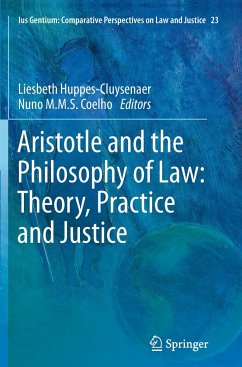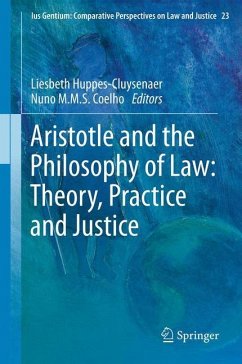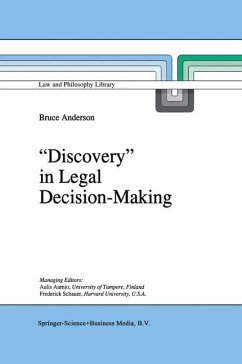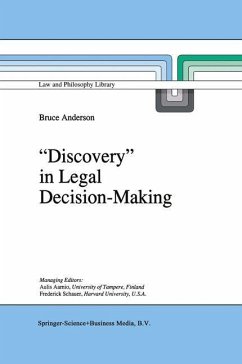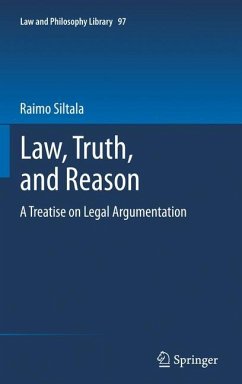
Aristotle on Truth, Dialogue, Justice and Decision

PAYBACK Punkte
57 °P sammeln!
In this thought-provoking book, you'll find timeless questions explored through a fresh lens. First delving into the profound significance of Socrates' dialogical method and the inescapable nature of conflict, it ponders the rational capacities of humanity in terms of establishing harmonious communities. But this isn't merely a philosophical debate; it's a pragmatic exploration of real-world challenges.No longer limiting itself to abstract theories, the book then seeks to navigate the practical terrain of science and politics. Drawing inspiration from Aristotle, renowned for his investigations...
In this thought-provoking book, you'll find timeless questions explored through a fresh lens. First delving into the profound significance of Socrates' dialogical method and the inescapable nature of conflict, it ponders the rational capacities of humanity in terms of establishing harmonious communities. But this isn't merely a philosophical debate; it's a pragmatic exploration of real-world challenges.
No longer limiting itself to abstract theories, the book then seeks to navigate the practical terrain of science and politics. Drawing inspiration from Aristotle, renowned for his investigations into the intricate connections between theory, technology, ethics, and politics, it tackles the essential question: How can we reconcile divergent views?
At the book's core lies Aristotle's revolutionary concept of dialogue, which portrays truth as a delicate equilibrium between opposing forces, transcending the rigid boundaries of true and false. Join this captivating journey as theauthor reveals the hidden paths to meaningful coexistence in a world filled with conflicting perspectives.
No longer limiting itself to abstract theories, the book then seeks to navigate the practical terrain of science and politics. Drawing inspiration from Aristotle, renowned for his investigations into the intricate connections between theory, technology, ethics, and politics, it tackles the essential question: How can we reconcile divergent views?
At the book's core lies Aristotle's revolutionary concept of dialogue, which portrays truth as a delicate equilibrium between opposing forces, transcending the rigid boundaries of true and false. Join this captivating journey as theauthor reveals the hidden paths to meaningful coexistence in a world filled with conflicting perspectives.





